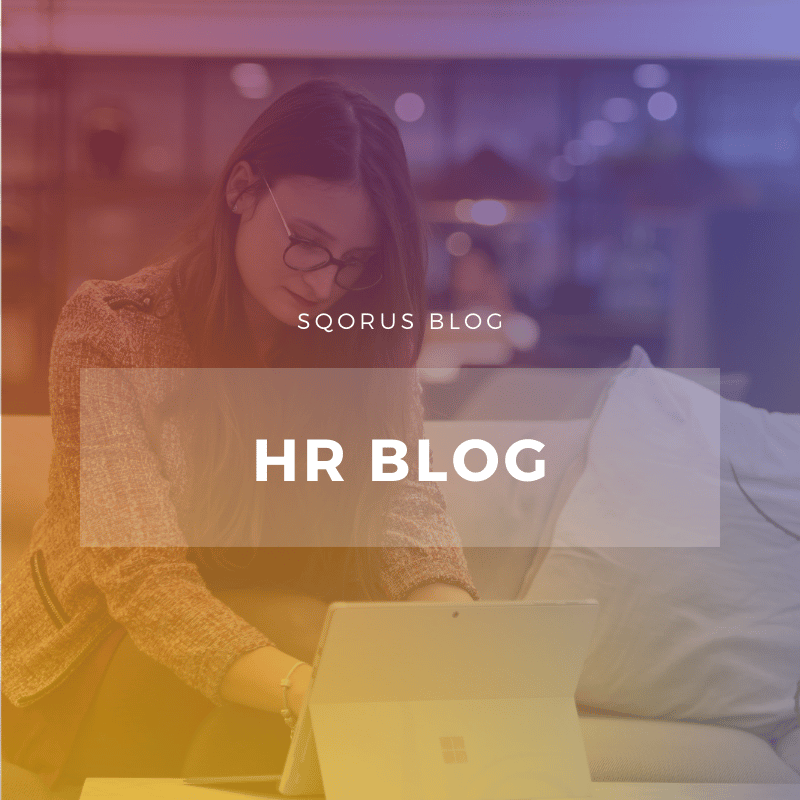HRIS to improve the company’s HR processes
The implementation, change or evolution of a Human Resources Management Information System or HRIS is a purely strategic decision. Indeed, such a system requires companies to review their information management and communication processes in order to optimizeemployee efficiency and improve HR processes. HRIS have become indispensable tools for saving time and improving performance.
HR Strategy

How do HRIS facilitate the HR function?
By definition, an HRIS tool has several modules to simplify and automate administrative management while centralizing the tasks of the human resources department. This system also allows for better monitoring of employees through more effective management of human capital, which contributes to optimizing the company’s performance. This means freeing up valuable time, allowing HR departments toimprove employee engagement and efficiency through a skills assessment and development path that generates innovative potential.
In other words, the implementation of an HRIS makes it possible for HRDs to evolve by taking over administrative tasks and the development of supports. Saving time allows you to focus on human capital and the critical issues of talent and competency management. Indeed, HRDs have the mission to provide the company with specific skills, necessary for its long-term growth. Employees become strategic partners who are able to support changes in the organization, management methods and the implementation of new work processes.
Artificial intelligence, an operating system to complement the HRIS
HRIS provides visibility and data correlation for each employee experience. All this information collected can be processed by artificial intelligence. It can evaluate the emotional state of employees, their level of commitment and their potential as managers. These analyses can facilitate managerial decisions and allow HR departments to better manage skills within the company in a relevant and more profitable way.
One of the levers of talent management is artificial intelligence. Job descriptions can be analyzed in relation to candidate profiles, optimizing the sourcing and sorting processes. Artificial intelligence can scan millions of data points in record time to find the talent HR departments are looking for. HRIS contribute fully to the company’s HR transformation. All support and administrative tasks are actually managed and processed by intelligent software. Today, HR departments can refocus on strategic issues and participate effectively in the growth of the company.
DOWNLOAD THE WHITE PAPER
"HOW TO IMPROVE THE PERFORMANCE OF YOUR HR PROCESSES
Also read in our file "to carry out a HRIS project in your company":
- The digital transformation of HR functions: what role for the HRD?
- The major challenges for human resources management in the future
- Regulatory issues for HRDs to master in 2019
- Valuing the employee experience, a priority for HR departments
- Improving the company's HR processes, the major challenge for HR departments
- Human Resources Information System (HRIS), what is its use?
- HRIS to improve the company's HR processes
- Human resources and technologies for business performance
- What technological tools are available to HRDs?
- HRD: which HRIS solution to choose for your digital transformation?
- Help in choosing an HRIS: why use a firm?
